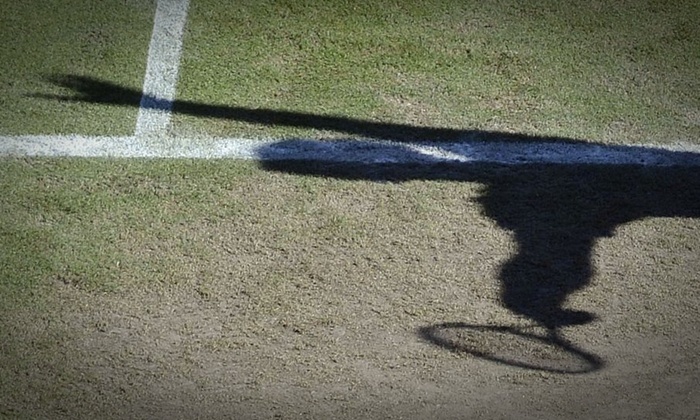Which world sports have the biggest problem with performance enhancing drugs? Quite clearly from column inches expended, those would be athletics, baseball and cycling.
Barely a week goes by without these three sports uncovering new miscreants and malfeances. In athletics and cycling, the proper procedure of innocent until proven guilty barely applies any more; it seems everyone is suspected.
In baseball, the latest investigation by the authorities into the Biogenesis clinic in Florida has already led to lengthy bans for two prominent players and seems to have implicated the biggest and best-paid name in the sport, Alex Rodriguez.
A-Rod, as he is universally known, is fighting a 211-game ban for PED use (and obstruction of the investigation into his probable career-long PED use) which would probably end a career which currently pays him a staggering $27 million a year.
We shake our heads and wonder why these three sports seem to attract those prepared to flout the rules in this way. It’s almost endemic in these games, it appears.
Only, could it not be that the reason that these three sports are so identified with drug use is that they are the only ones actively prosecuting it?
Why, for example, is athletics rife with drugs but swimming, apparently, not? Why is drug-use so common in cycling but not in other stamina-sapping sports, like tennis?
Most specifically, why does baseball have a perceived problem with drugs but the NFL, where you’d think they might be more effectively employed, doesn’t?
Just a cursory look at the NFL’s recent history, the predomination of enlarged physical specimens and its track record of abused and damaged former players, should set alarm bells ringing. But the biggest sport in the biggest sports market in the world hasn’t any interest in acting upon the obvious evidence.
Those abuses that are found are given only cursory fines or bans. Fans, oddly, seem to have a higher tolerance of PED use in American football compared to baseball.
There’s certainly a far greater willingness in baseball to pursue cases, witness their recent investigation into Biogenesis, conducted at considerable expense with the obvious legal requirements involved. In the NFL, there’s a blas acceptance and a clear eagerness to sweep it all under a rug.
In tennis, the benefit of PEDs in developing increased levels of stamina for individuals who regularly play five-hour matches over week and fortnight-long tournaments is equally obvious, but the drug-testing programme is relatively lax.
Our own Andy Murray is among those on record demanding stricter testing procedures, in fact largely those developed and enacted in one of the sports that supposedly has a “problem”, athletics.
There’s nothing that’s absolutely foolproof but blood tests, conducted out of competition and without warning by officials employed for the purpose, are by far the most effective way of catching cheats.
And that’s what athletics does, and it’s now what cycling does although in that case the governing bodies were effectively coerced into taking action by endemic levels of drug use. The result is they actually catch people.
It’s an expensive process, which will deter many sports. It’s invasive to privacy, which has legal implications. The cheats are so devious now with the financial rewards in sport so great that the goalposts (sorry) are being moved almost constantly.
Still, rather than be credited with the laudable intention of cleaning up their games, the sports who actively, effectivelyand properly pursue drug cheats and uncover them end up being brought into disrepute.
Meanwhile, the majority of sports who are complacent and even complicit about drug use get off scot-free.
